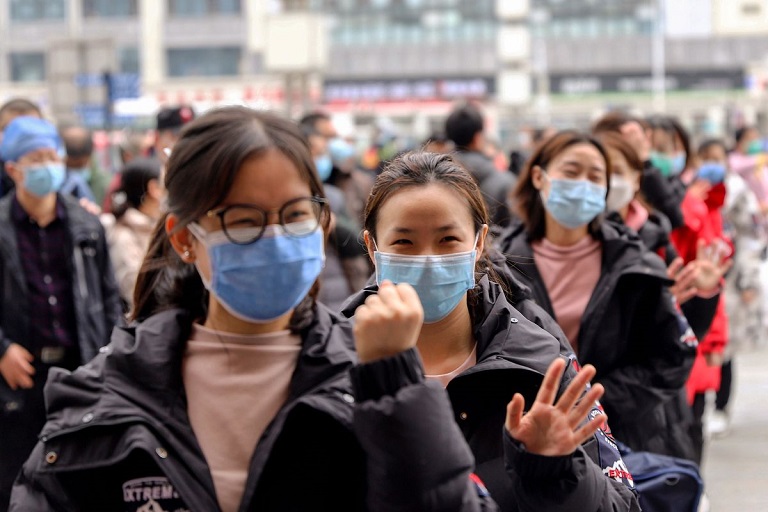covid-19 spread mid schools getting closed and convocations getting postponed, it is crucial to make sure you have the right information about how to deal with Coronavirus and keep yourself safe. With the spread of Coronavirus in India, people have started panicking but if we arm students and children with the correct ways to tackle the COVID-19 spread, managing Coronavirus and dealing with the rising panic can become much easier covid-19 spread
With this in mind, UNICEF has released some information that can help children, parents and teachers battle Coronavirus using a few COVID-19 facts and a few checklists to ensure safety. Children and young people should understand basic, age-appropriate information about coronavirus disease (COVID-19), including its symptoms, complications, how it is transmitted and how to prevent transmission.
Stay informed about COVID-19 through reputable sources such as UNICEF, WHO and national health ministry advisories. Be aware of fake information/myths that may circulate by word-of-mouth or online.
Here’s the checklist released by UNICEF for students and children which lists the guidelines students need to follow to reduce the spread of Coronavirus or COVID-19:
1. In a situation like this it is normal to feel sad, worried, confused, scared or angry.
Know that you are not alone and talk to someone you trust, like your parent or teacher so that you can help keep yourself and your school safe and healthy. Ask questions, educate yourself and get information from reliable sources
2. Protect yourself and others
– Wash your hands frequently, always with soap and water for at least 20 second
– Remember to not touch your face
– Do not share cups, eating utensils, food or drinks with others
3. Be a leader in keeping yourself, your school, family and community healthy.
– Share what you learn about preventing disease with your family and friends, especially with younger children Model good practices such as sneezing or coughing into your elbow and washing your hands, especially for younger family members
4. Don’t stigmatize your peers or tease anyone about being sick; remember that the virus doesn’t follow geographical boundaries, ethnicities, age or ability or gender.




















